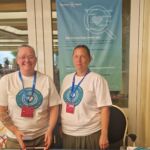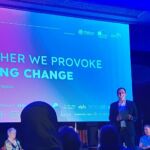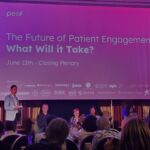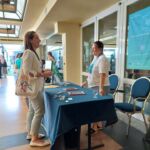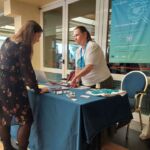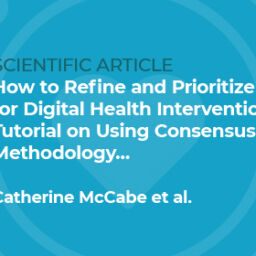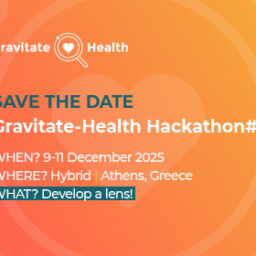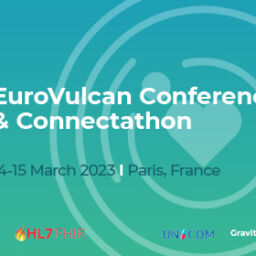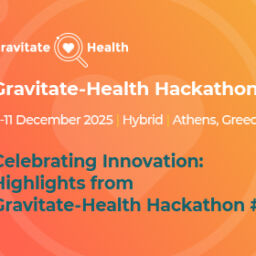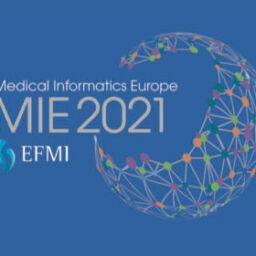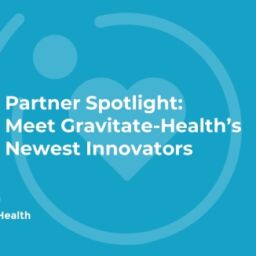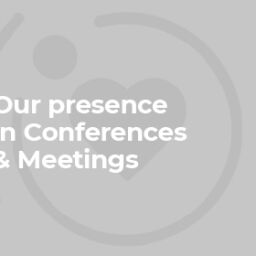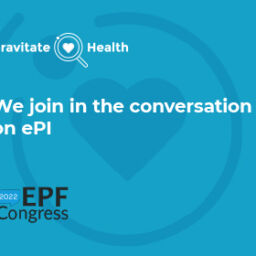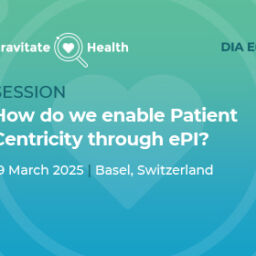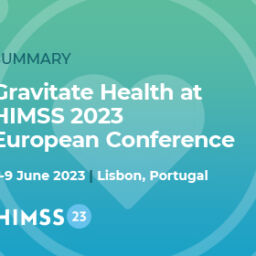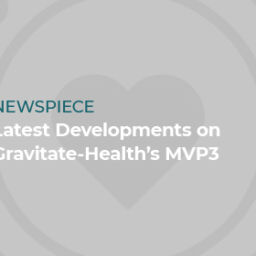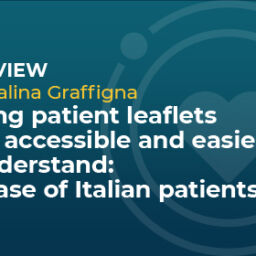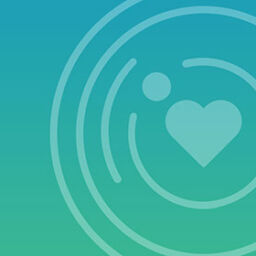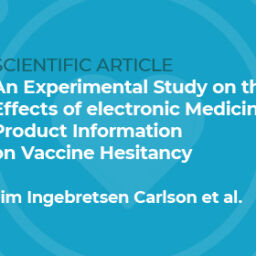Gravitate Health at PEOF 2025: Stakeholder Feedback Informing G-lens® Innovation
Gravitate Health participated in the PEOF event “The Patient Engagement Movement is Now!” on June 10 to 12 with a booth, where the latest version of the project’s minimum viable product (MVP3) was presented and attendees were invited to take a mini-survey on G-lens® functionalities. The project was represented by Lene Lunde and Line Løw (University of Oslo), while two other partners, EPF and The Synergist, were involved in the event organisation.
During interactions over three days, Gravitate Health engaged with at least 50 people at the booth (and more in sessions and informal meetings), leading to a wealth of discussions and significant interest in the project. Participants were willing to talk about their experiences, see the demo, and some were eager to download the MVP3 test scenarios themselves and engage in testing.
Here are some of the key points from the feedback collected.
Patient empowerment and accessibility
- The G-lens® functionality was seen as important for empowering patients.
- The G-lens® was considered very useful for travel, especially with the option for language of choice.
- Many highlighted the need for this technology to be available as soon as possible.
Integration and data privacy
- It was underlined as positive that the solution is not just another app, but can be integrated into existing systems.
- Questions arose about data accessibility, such as who can see the data (patient, caregiver, GP, others) and whether patients can choose who has access to their data.
Understanding medications and self-care
- It was emphasized that it is crucial both for patients and caregivers to understand the medications prescribed and to receive the correct prescriptions.
- Variability in medication shapes and forms across different countries was discussed, emphasizing the usefulness of a visual aid to show what a medication looks like and how to take it.
Customization and usability
- It was proposed to consider enabling patients to edit their personal information, add medical conditions, and receive suggestions for potential medications. However, this approach raised concerns that it might be interpreted as promotional or advertising content.
- It was observed that patients face multiple steps in locating relevant information, as highlighted content requires extensive scrolling. To enhance accessibility, it was proposed that a consolidated summary of all highlighted information be presented on the app’s main page. This would minimize the need to review each medication entry separately.
Other suggestions were made regarding the presentation of the information to improve accessibility for individuals with impaired vision, and other usability issues.
Overall, participants conveyed a lot of positivity towards the solution, alongside valuable insights that can guide future development of the G-lens®.
Photos kindly provided by Valentina Strammiello and Gravitate Health members, Lene Lunde and Line Løw.



